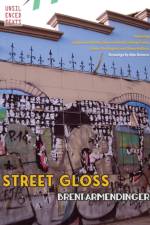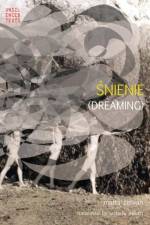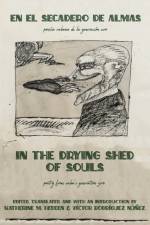- Poetry from Cuba's Generation Zero / Poesia Cubana de la Generacion Cero
22,00 €
[A Spanish-English Dual Language anthology featuring selections from Cuba's "Generation Zero," including Luis Yuseff, Isaily Pérez González, Javier Marimón Miyares, Leymen Pérez García, Marcelo Morales Cintero, Oscar Cruz, Liuvan Herrera Carpio, Jamila Medina Ríos, Moisés Mayán Fernández, Legna Rodríguez Iglesias, and Sergio García Zamora.]It's not a cliché by any means to declare that few times in its history has Cuban poetry been more varied, innovative, critical, and attractive than it is right now. And an undeniable part of it is what has been written by the so-called Generation Zero (Generación Cero), poets born after 1970 and who begin publishing after 2000. It's a numerous group, as the title of their most complete anthology illustrates, La isla en versos: Cien poetas cubanos [The Island in Verse: One Hundred Cuban poets] (2011 and 2013). In fact, our selection of 11 poets was compiled having read over sixty books, tens of anthologies, and numerous journals and magazines. Indeed, the only way to truly do justice to this poetry is to offer up book-length anthologies; our aim in these pages is to be the first to simply introduce it to English-speaking readers.These days, no one expects this kind of poetry from a Cuban, not in literary circles in the Spanish-speaking world, on the left or the right, not in North American academic and creative writing circles either. And perhaps that's why it hasn't received the attention it deserves. Though they are relatively isolated, whether it be because of extremely limited access to the Internet or the difficulties of traveling off the island, Generation Zero poets aren't behind the times at all, on the contrary, they are at the forefront of poetry being written anywhere in the world. Here there's no trace of superficiality, no fear of emotional complexity or intellectual density, of formal rigor or experimentation. It's poetry open to reality and the most diverse forms of representation. The authors know that intellectuals participate in society through their cultural production.



